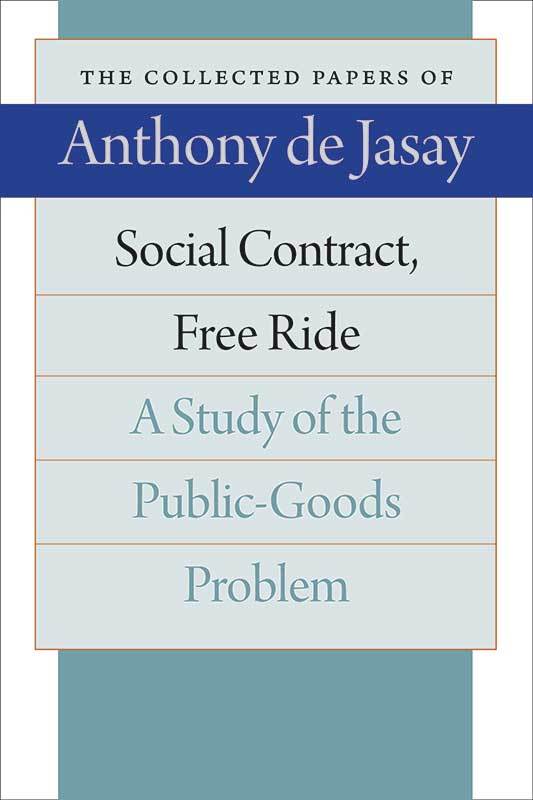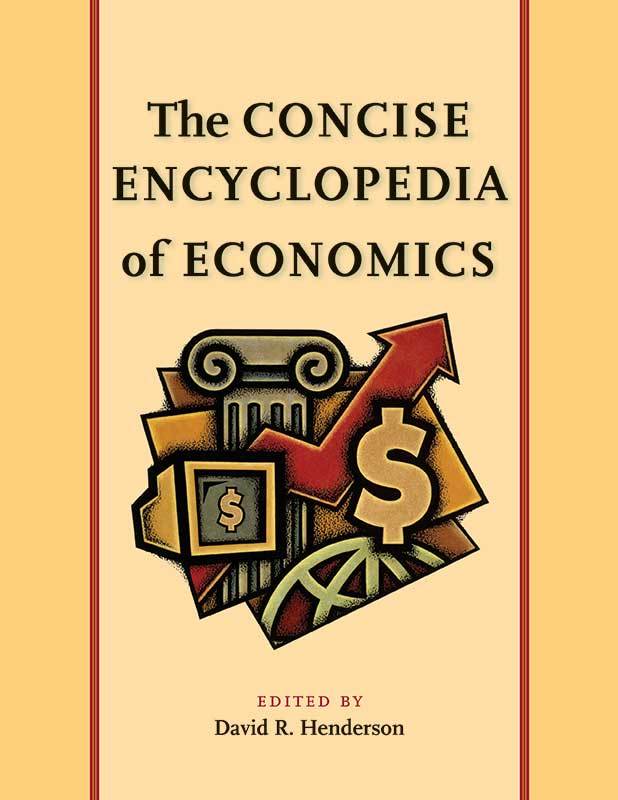
Social Contract, Free Ride: A Study of the Public Goods Problem
- Anthony de Jasay (author)
Jasay refutes the common idea that we need a government as a provider of public goods. He argues that without taxation voluntary contributions to provide freely accessible benefits would be made by some members of groups adjusting their actions to the anticipated actions of other group members. Jasay concludes that when indivisibilities and the risks of non-provision are duly accounted for, voluntary contribution is an individually rational choice.
Buy this BookKey Quotes
Economics
Critical Responses

Article
Is Limited Government Possible?A Cato Unbound Forum
Anthony de Jasay, Gerald Gaud, Randy Barnett, and Michael Munger
If we are going to have a government at all, is there any way to keep it limited to a few basic tasks, or must we reconcile ourselves to an out-of-control leviathan? Can well-designed constitutions keep government reined in, or is any set of limiting rules bound to be undermined over time?
Article
A Conservative Anarchist?Pierre Lemieux
The more democratic government tries to satisfy some voters at the expense of others, the more dissatisfied the others become. If it then tries to satisfy the latter, it will make others unhappy.
Connected Readings


